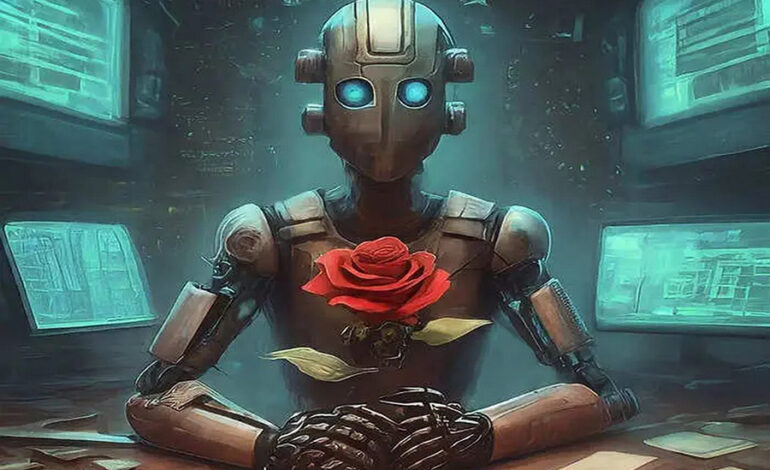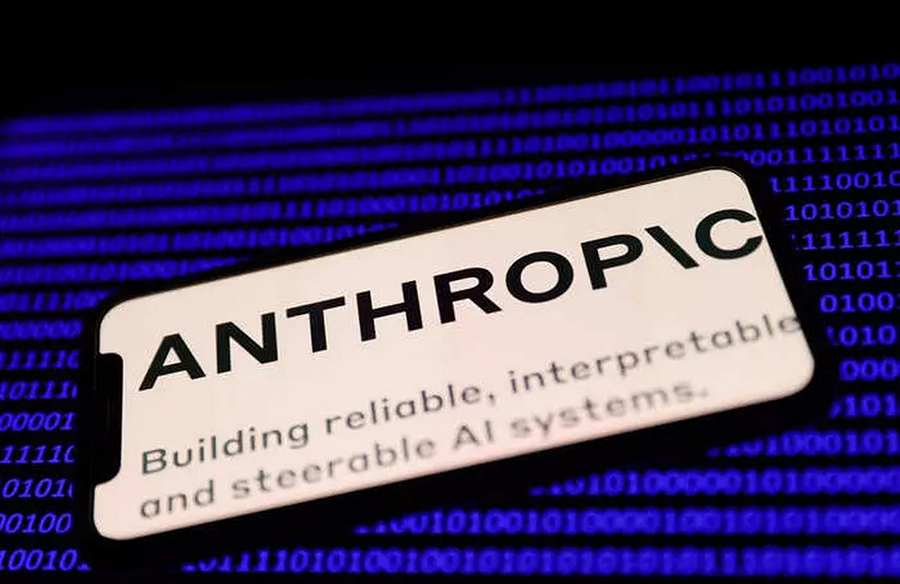AI’s Role in Valentine’s Day Preparations

Artificial intelligence (AI) is rapidly integrating into various aspects of our lives, including romantic endeavors. As Valentine’s Day approaches, an increasing number of individuals are turning to AI tools to craft love letters and poems in a bid to impress their partners. However, while some embrace this technological assistance, others remain skeptical, raising concerns about authenticity and emotional connection.
The Rise of AI in Romance
AI technologies, such as ChatGPT, have democratized the creation of personalized messages, offering accessible platforms for generating heartfelt expressions of love. According to a report by McAfee, a significant portion of the Indian population, comprising over 60%, intends to leverage AI tools to articulate their romantic sentiments. This trend reflects a growing reliance on technology to streamline communication and overcome time constraints.
Steve Grobman, Chief Technology Officer at McAfee, highlights the increasing prevalence of AI-generated content, attributing it to the widespread availability of AI tools accessible through web browsers. This accessibility has contributed to the proliferation of machine-generated messages in romantic interactions, shaping the way individuals express affection.
India’s Leading Adoption of AI Tools
In India, the adoption of AI tools for romantic purposes surpasses the global average, with 62% of respondents expressing their intent to utilize such resources. The allure of AI lies in its perceived ability to enhance confidence in crafting messages and alleviate time constraints. Additionally, the challenge of deciphering a partner’s preferences adds to the appeal of AI-generated content, facilitating smoother communication in romantic relationships.
Mixed Reactions and Emotional Authenticity
Despite the growing reliance on AI for romantic expression, a substantial portion of individuals remains apprehensive. Nearly half of those surveyed express discomfort at the prospect of receiving AI-generated messages, citing feelings of hurt or offense upon discovering the artificial origin of such communications. This sentiment underscores the importance of emotional authenticity and genuine connection in romantic interactions, elements that AI-generated content may struggle to replicate convincingly.
Addressing Risks and Concerns
Alongside the rise of AI in romance comes the heightened risk of catfishing, a deceptive practice involving the creation of false identities online. McAfee’s report highlights the prevalence of catfishing incidents, exacerbated by the advanced capabilities of AI in creating convincing personas. To mitigate these risks, experts advocate for cautious online engagement, emphasizing the need for vigilance, skepticism, and gradual relationship development. Avoiding divulging sensitive information and exercising prudence in online interactions are recommended strategies to safeguard against potential scams and fraudulent activities.
Steve Grobman emphasizes the importance of maintaining vigilance while engaging with potential partners online, urging individuals to prioritize authenticity and exercise caution when sharing personal details. While AI offers convenience and efficiency in romantic communication, fostering genuine connections remains paramount in navigating the complexities of online relationships.









